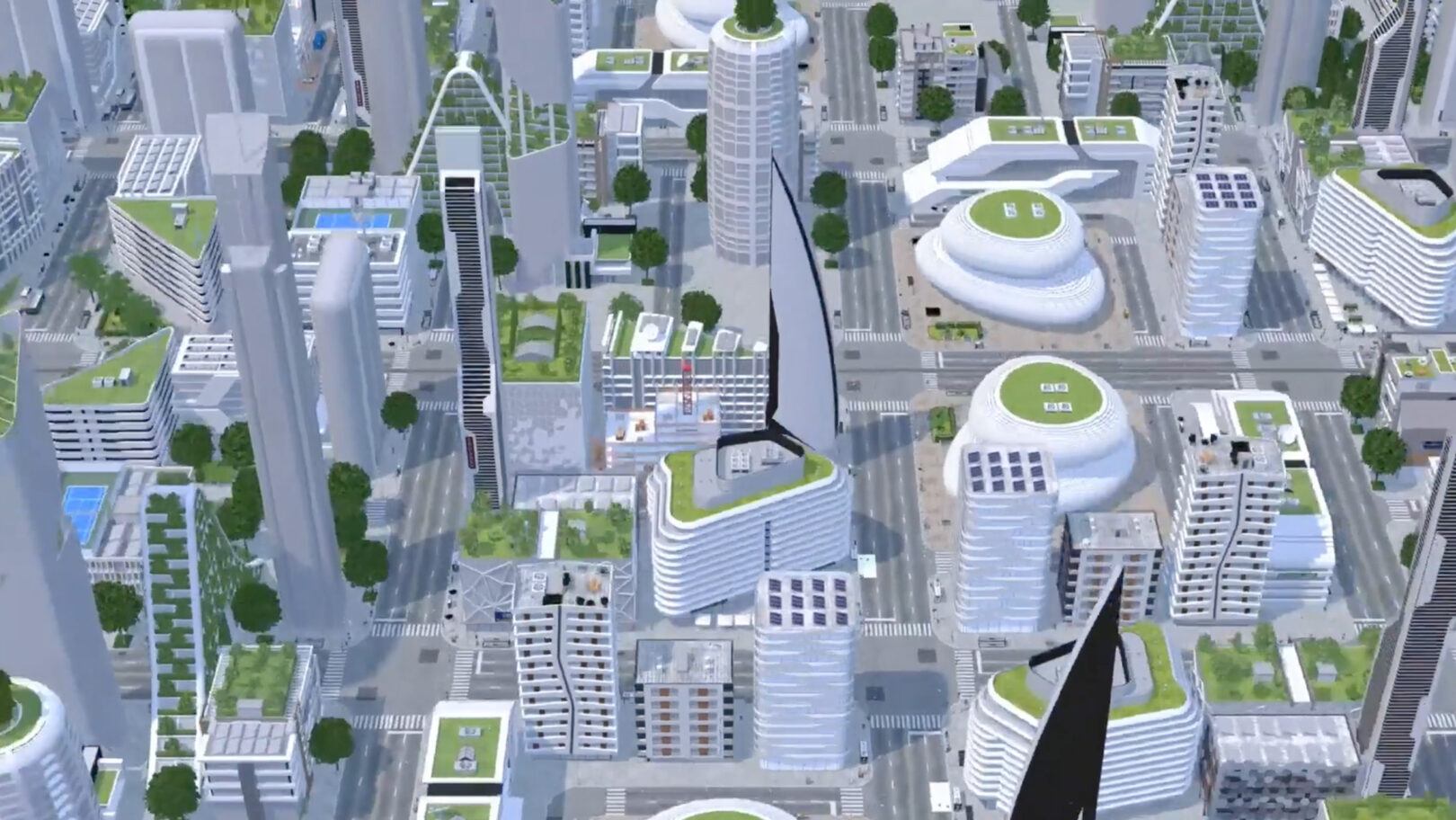Background & Overview

Expo Park (Parque das Nações) was established in 1998 for the Lisbon World Exposition. After the event, it was transformed into a modern commercial and residential district. The theme was “The Oceans, a Heritage for the Future” to honour 500 years of Portuguese discoveries. Over 10 million visitors attended the exposition which was open for 132 days and featured 143 countries and organisations.
The Expo ’98 was held in a 5-kilometre-wide area covering 50 hectares in Lisbon’s east end, along the Tagus River. The area was previously used as a Hydroport in 1942, but had become an industrial park causing pollution and degradation. The Expo ’98 was built from the ground up, including a new bridge, a new line for the Lisbon Metro, and a new main multi-modal terminal to support the plan of sustainable urbanisation. The Vasco da Gama Bridge, then the longest bridge in Europe, was also built during this time.
25 years of ambitious waste management and commitment
214 tonnes
reduction of carbon emissions
40k homes
eliminating the need for heavy collection vehicles
241k tonnes
waste collected from over 1500 valves
15 tonnes
nitrogen oxide eliminated
53 tonnes
carbon monoxide eliminated
40 km
underground pipe network
2 fractions
general/residual and packaging (paper + plastic)
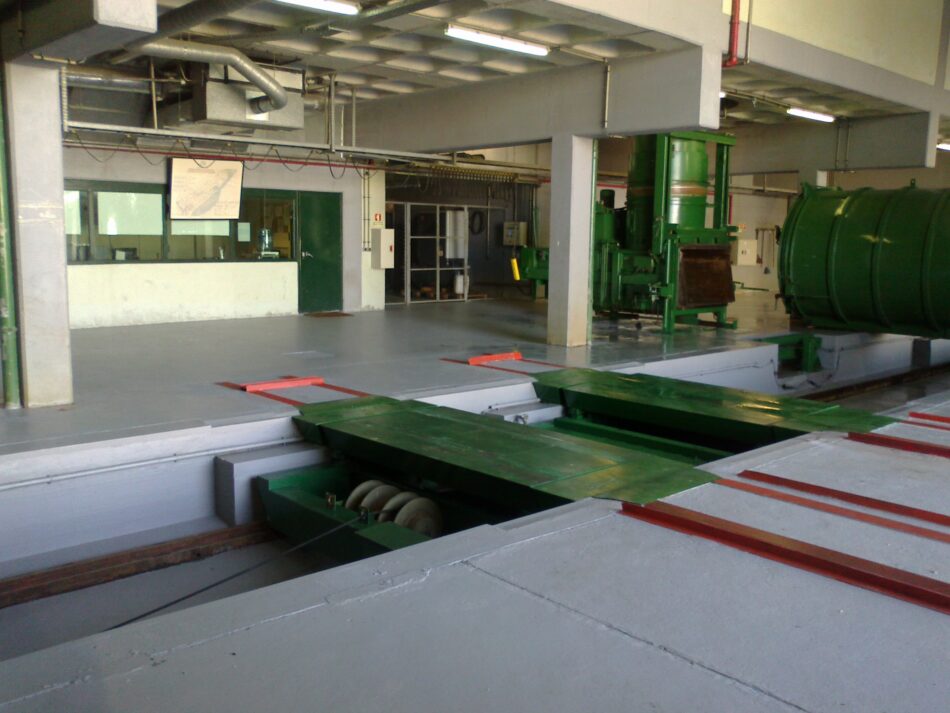
Waste collection Reimagined at Expo Park
Envac’s waste collection system at Expo Park in Lisbon is an underground automated waste collection system that uses a vast network of pipes to transport waste from various locations in the area to a central collection station. The system was implemented in 1998 as part of the infrastructure for Expo ’98 and has since been expanded and modernised to accommodate the area’s growing needs. The system uses vacuum technology to transport waste, eliminating the need for traditional garbage trucks to collect waste from individual bins.
The system has several benefits, including reduced noise pollution, cleaner streets, and improved hygiene. It also reduces the carbon footprint typically associated with waste collection, eliminating the need for heavy fossil fuel powered garbage trucks to travel through the area.
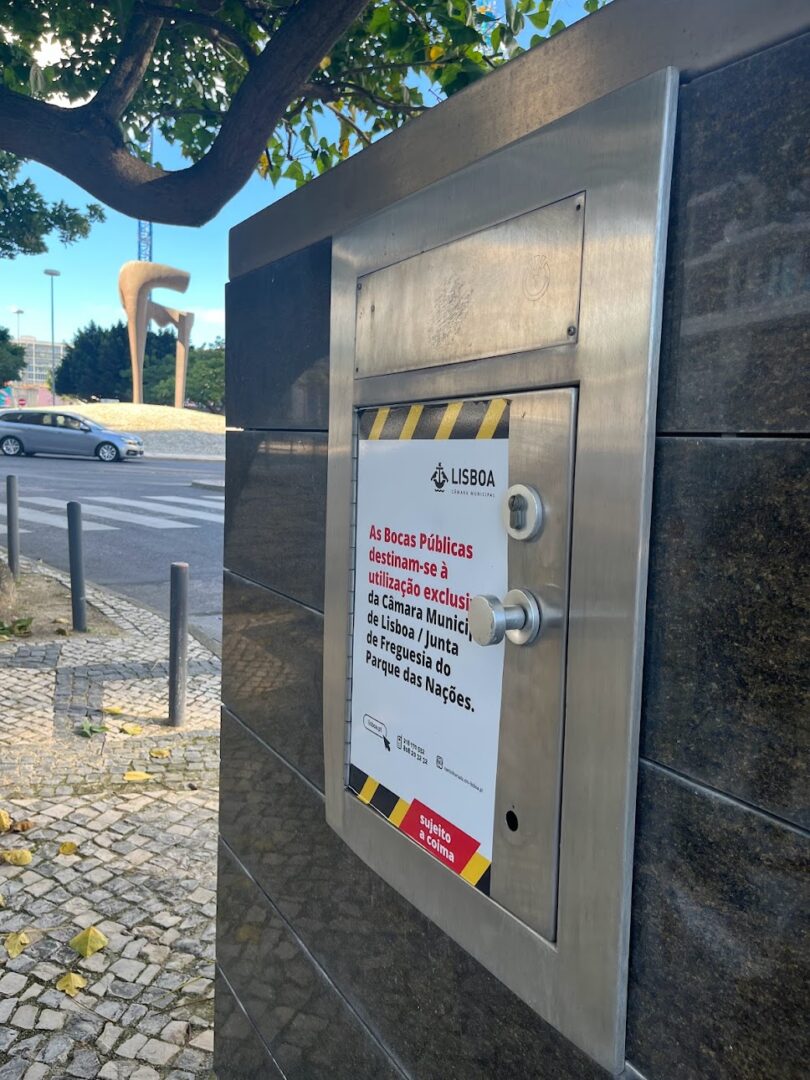
“Envac system has been in operation for half a million hours and is available 24/7. The successful installation and operation of the resilient waste collection system at Expo Park in Lisbon for the past 25 years is a testament to the importance of preserving the environment and enhancing the quality of life in urban areas.”
Service Director, Envac Region EMEA
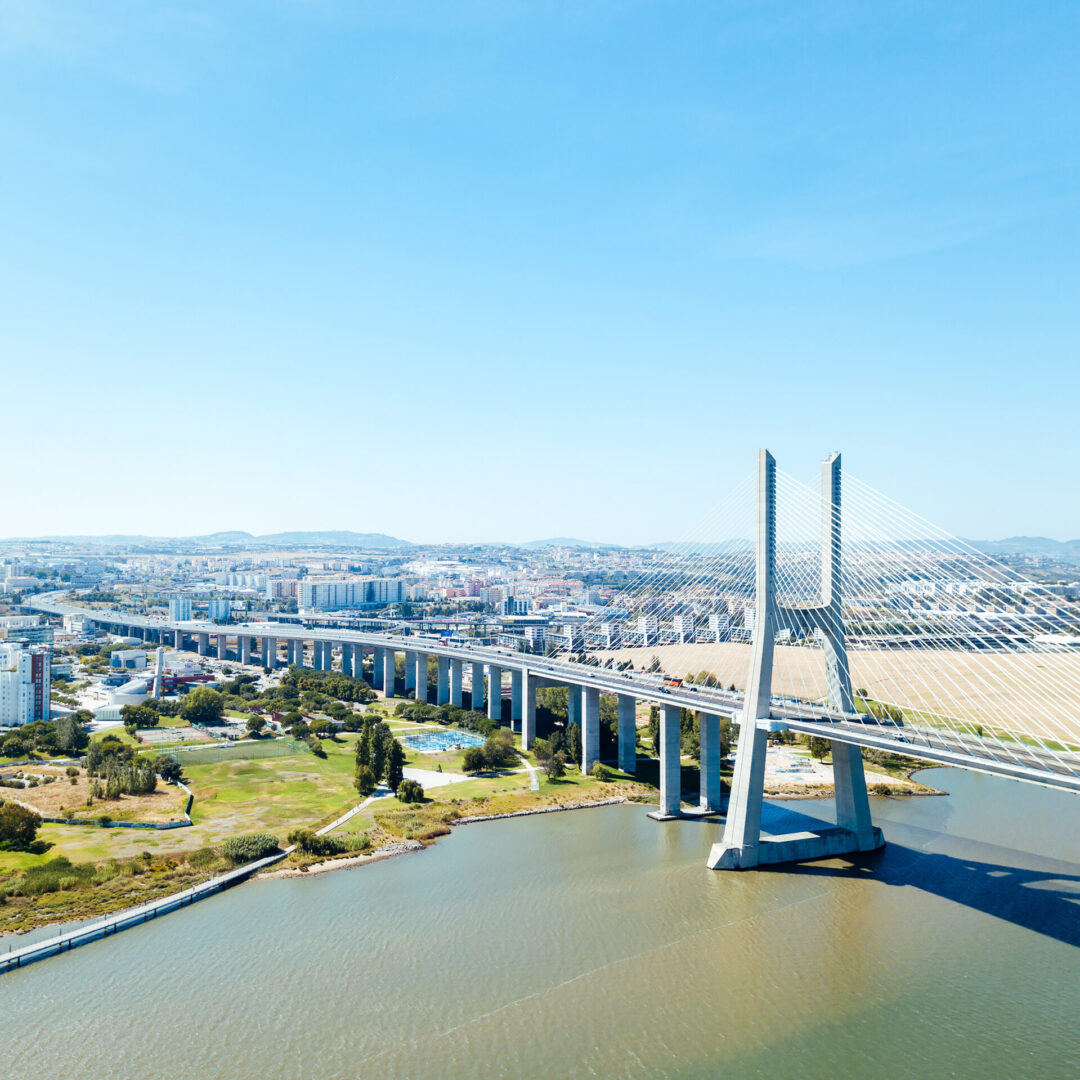
Expo Park system has improved urban life while preserving the environment for 25 years
- The system has supported urban planning and management by eliminating heavy-duty collection vehicles and bulky waste storage containers on the streets.
- From an environmental perspective, the system has prevented around 8 tonnes of carbon emission per year, which is equivalent to 1,175 Olympic-sized swimming pools, in the last 25 years.
- Additionally, it has eliminated greenhouse gases (GHG) such as; 15 tonnes of nitrogen oxide and 53 tonnes of carbon monoxide over time.
- The automatic waste collection system works through a 40 km underground pipe network that transports waste using an air stream to a consolidation plant making the solution safe, resilient and hygienic.
Over the course of 25 years, it has become a worldwide symbol of the significance of preserving the environment and improving the quality of life in urban areas. We take pride in knowing that initiatives like this have helped Lisbon emerge as one of the world’s capitals with such a unique feature.
Emissions Comparison in 25 Years
Comparison of emissions of gaseous pollutants in air between automatic
waste collection and traditional waste collection from 1998 to 2022
| Automatic waste collection | Traditional waste collection | |
|---|---|---|
| CO2 emissions (tonnes) | 17.87 | 232.06 |
| NOx emissions (tonnes) | 1.19 | 15.47 |
| CO emissions (tonnes) | 4.47 | 58.02 |
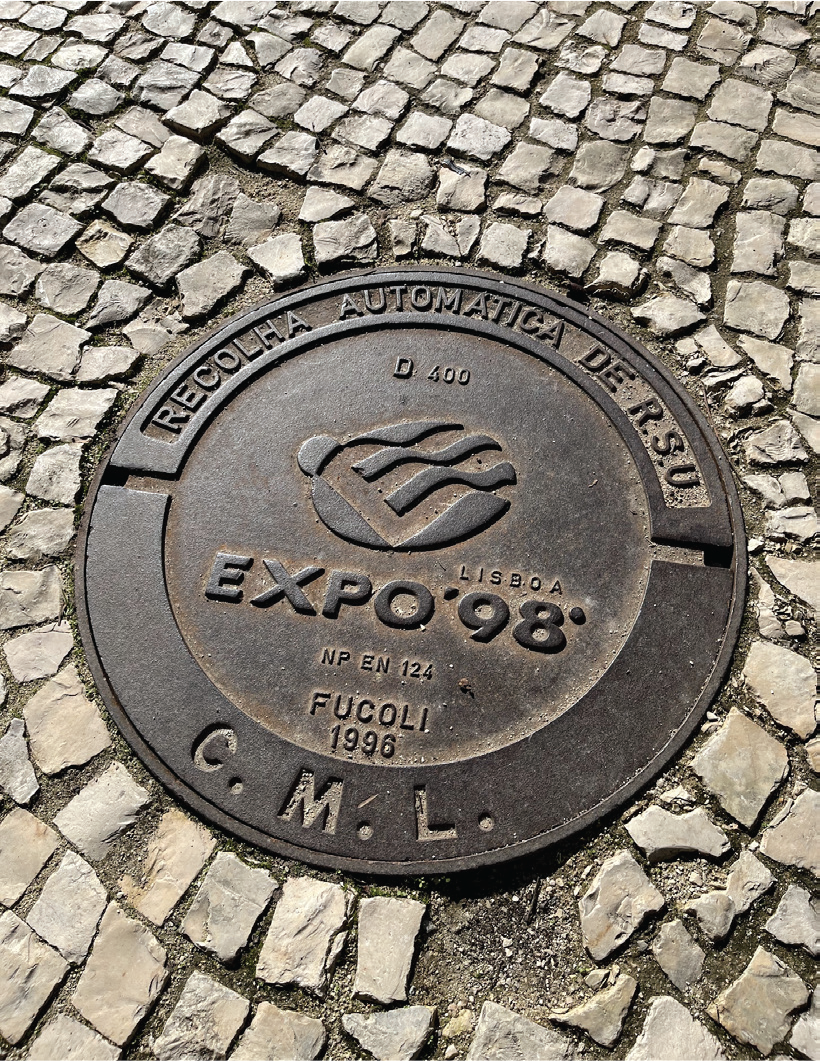
The next 25 years…
The Expo Park Automatic Waste Collection System (AWCS) has successfully operated for 25 years, achieving its initial objectives. Several improvements have been proposed to prepare for the next 25 years, including upgrades in mechanical infrastructure, user identification, AI integration, energy efficiency, and aesthetic renovation. These improvements will enhance waste management services, reduce electricity consumption, and increase the system’s longevity. The AWCS sets the foundation for a future of data-driven waste management.
Read more



